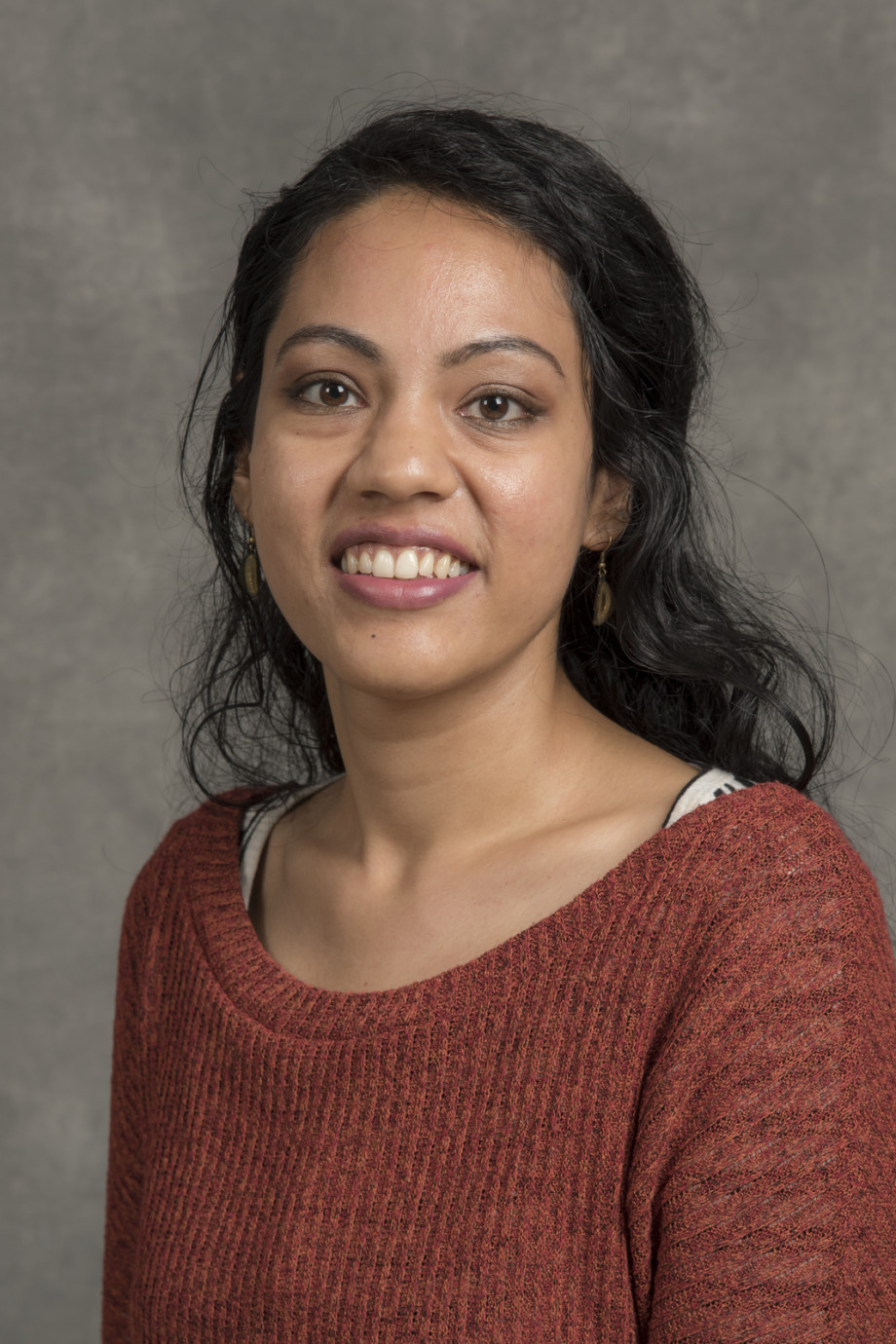ESnet’s Mariam Kiran Receives 2017 Early Career Award
Contact: Linda Vu, lvu@lbl.gov, +1 510.495.2402
Mariam Kiran, a research scientist in the Energy Sciences Network’s (ESnet’s) Advanced Network Technologies Group, has received a 2017 Early Career Research Program award from the Department of Energy’s (DOE’s) Office of Science. Now in its eighth year, the award supports exceptional researchers during critical stages of their formative work by funding their research for five years.
Kiran will use her award to advance the state of the art in network research. She will employ methods from machine-learning and parallel computing to work with network research, to optimize traffic and path allocation.
“Networking is an interesting field utilizing multiple hardware and software skills. For example, configuring links involve understanding current network topologies, as well as, anticipating traffic demands and user requirements. ESnet has already been at a forefront of networking research with advanced monitoring tools and network expertise. However, as networks grow and become more complex, we have to find new methods to automate some or all of current network tasks. These include anticipating problems in advance and automating the ‘fixes’ to maintain a healthy network environment.” says Kiran.
Kiran is exploring algorithms from computer science, particularly machine learning and parallelization, to investigate how these can be coupled with networks to automate optimization and healing. She will develop a new family of techniques that can optimize traffic paths for diverse science workflows dynamically. These optimization techniques will involve multiple objectives and decentralized learning, impacting multiple network research questions currently faced by science and commercial communities. The title for the awarded project is “Large-scale Deep Learning for Intelligent Networks.”
“As network demands increase, especially with the rise of exascale computing and ever-more powerful experimental facilities, it is becoming imperative to have automated handling of physical and virtual topologies,” says Kiran. “Automating networks to learn their own behavior, will allow operators access more informed decision making, reducing time and lead to efficient management for critical science applications”.
Over the next five years, Kiran will use her award funding to analyze network statistics and develop machine-learning modules for networks that can quickly process large amounts of data to make predictions and suggest optimal network actions. She will be looking for traffic patterns and infer workflow behavior of different science groups. This data will then be used to train a set of neural networks to forecast behaviors such as bandwidth utilization across different paths, anticipate demands by different science applications and predict required service quality. The forecasted data will help perform anomaly detection in near real-time and suggest corrective measures to manage and prevent traffic loss. These results can be extended to future threat identification and mitigation as a far-reaching research goal. To process the data and software, Kiran plans to leverage HPC resources at NERSC, as well as, machine learning libraries from industry applications and resources.
Before joining ESnet in 2016, Kiran was an associate professor at University of Bradford’s Computer Science Department in the UK. Her research interests focused on software engineering, HPC/cloud computing and infrastructure-related issues. During this work, she became increasingly interested in how to optimize the network that connected all of these data centers. This interest eventually led her to ESnet.
“I was exploring different techniques to ensure a cloud doesn’t fail with increased demand. As part of this work, I also found it interesting to see how networks, that connect these machines, have to be reliable to ensure the whole end-to-end chain stays active” says Kiran. “I’m interested in studying how similar techniques can be applied to different domains or do we have to develop different methods for each domain.”
She earned a Ph.D. in computer science in 2010 and a master's degree in software engineering in 2007, both from the University of Sheffield in the UK.




